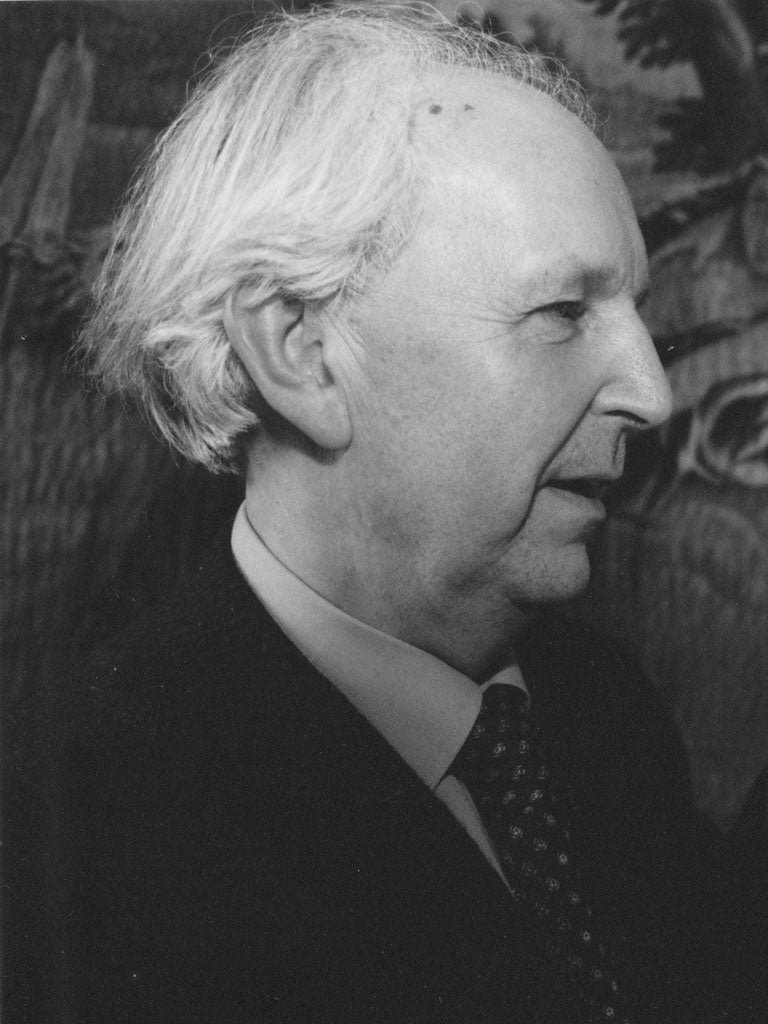Norman Blake: Scholar and author who published widely on medieval literature

Norman Blake was one of the most versatile and accomplished scholars of his time. The range of his writings extended from Old Norse to modern drama and poetry and included more than 30 books and over 200 articles and reviews.
Blake was born in 1934 in Brazil, where his father managed the Bank of London and South America. He was sent to boarding school in England at the age of four with his elder brother. The war meant that he did not see his parents for eight years and his brother died in an accident at school during this period. He went to Magdalen College School in 1944 and thence to Magdalen College, Oxford in 1953. It was a good time to be at the college for anyone interested in medieval studies. Blake's tutors were C.S. Lewis and J.A.W. Bennett, and he also studied Old Norse with Gabriel Turville-Petre, Professor of Old Icelandic. He went on to do a BLitt on Old Norse, completed in 1959, editing The Saga of the Jomsvikings. This became his first book, published in 1962.
By the time it appeared, Blake had been appointed to an assistant lectureship at the University of Liverpool, where he remained until 1973, with an interval as visiting professor at the University of Toronto in 1963-64. While there, the full range of his interests began to blossom. He edited the Old English poem "The Phoenix" (1964) and wrote his first book on William Caxton, England's first printer, Caxton and his World (1969) – and went on to produce over 40 books, editions and articles to do with Caxton. His interests also extended more broadly into various studies of medieval English prose and prose style.
After Blake moved to the Chair of English Language at the University of Sheffield in 1973, his scholarly concerns widened still further. There were two quite distinct strands to his interests henceforward. The first was the history of the English language. He wrote or edited several original books on this subject, including The English Language in Medieval Literature (1977) and The Cambridge History of the English Language 1066-1476 (1992), but his interests also extended into later periods, including his Non-Standard Language in English Literature (1981) and several well-received books on aspects of Shakespeare's language.
The second strand was his interest in Chaucer, particularly the text of the The Canterbury Tales, and especially the complex relationship between the two earliest manuscripts of this work, the Ellesmere (now in the Huntington Library in California) and the Hengwrt (National Library of Wales). Blake was disposed to see the latter as the more significant and produced an edition of it in 1980. The cool reception it received led to a book, The Textual Tradition of the Canterbury Tales (1985), and a series of amplifying and qualifying articles extending over the next 15 years. To his subsequent regret, he also became involved in the Electronic Canterbury Tales project and expended much effort in attempts to make it productive, with little success.
By this time, Blake had retired from Sheffield and taken up a research professorship at De Montfort University in Leicester. Here he found pleasure in continuing the tradition of careful graduate supervision that he had established at Sheffield, and at both institutions he oversaw doctoral students who have gone on to distinguished careers. His calm and lucid good sense helped many and was invaluable in the various administrative roles he undertook in his career. His colleagues in the Department of English Language at Sheffield found him "a good boss", one always alert to opportunities for furthering their careers. He was also an effective pro-vice chancellor at Sheffield for a number of years and a frequent external examiner and consultant to various universities.
In May 2004 Norman suffered a stroke that left him almost paralysed and without speech. It is impossible to imagine what such an active and gregarious man must have suffered over the ensuing years. He leaves a large and affectionate circle of colleagues and friends and a body of scholarship that can scarcely be matched in its scope.
Norman Francis Blake, historian of medieval literature and language: born Ceara, Brazil 19 April 1934; married 1965 Valerie (one adoptive daughter); died Sheffield 29 July 2012.
Join our commenting forum
Join thought-provoking conversations, follow other Independent readers and see their replies
Comments
Bookmark popover
Removed from bookmarks